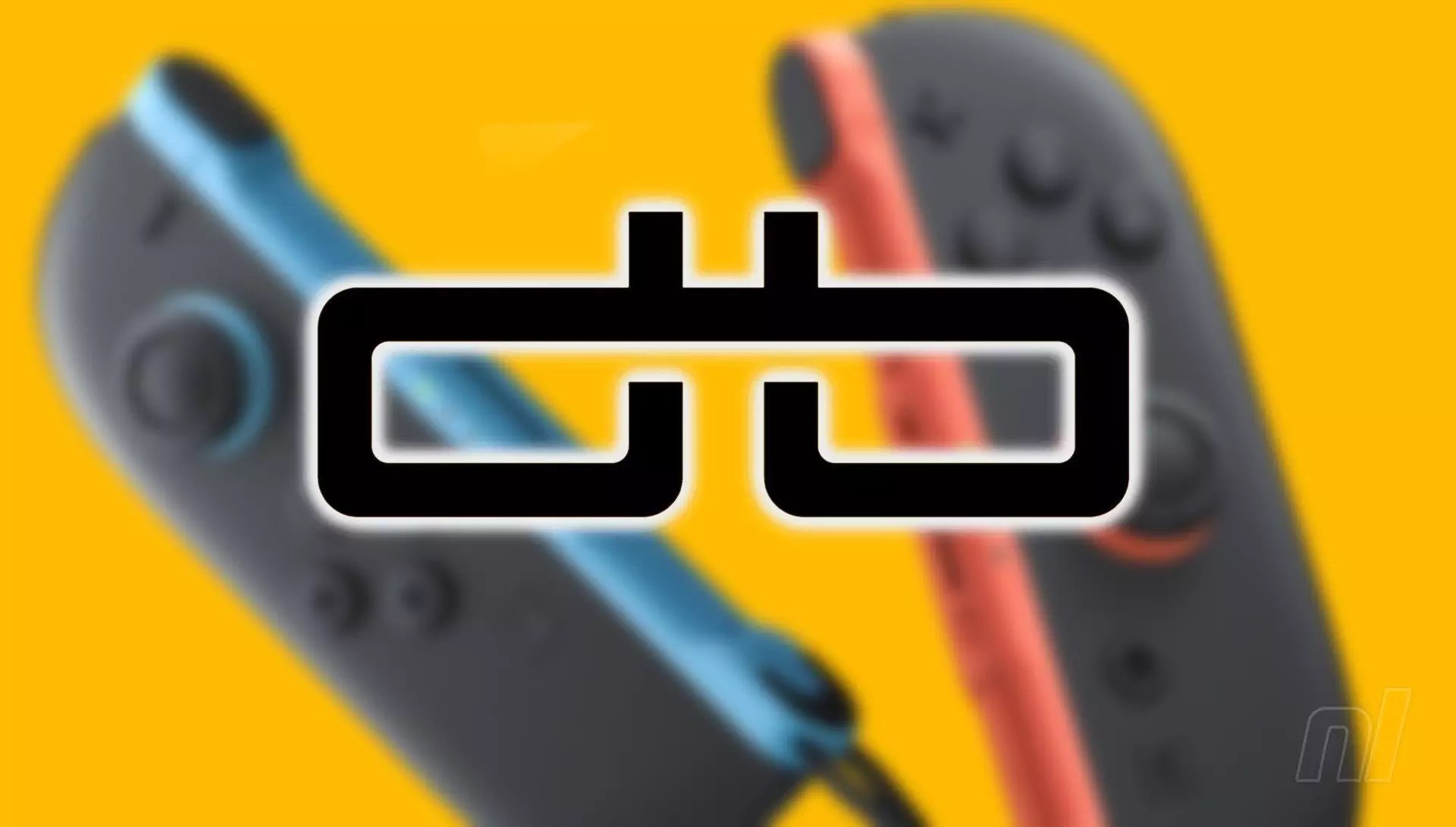When Dbrand launched its latest accessory, the Killswitch for the Nintendo Switch 2, excitement quickly turned to disillusionment. What was intended to be a straightforward enhancement to the gaming experience devolved into a public relations nightmare. Reports surfaced that the Killswitch led to Joy-Cons detaching more easily than normal, a fundamental flaw that left many consumers frustrated and disappointed. The uproar was inevitable as frustrated gamers took to social media platforms to voice their concerns, raising questions about Dbrand’s commitment to quality and consumer satisfaction.
In the face of growing dissatisfaction, Dbrand’s initial response only fueled the fire. Instead of embracing accountability, the company attempted to deflect scrutiny by insinuating that users were at fault for holding the console incorrectly. Such a tone not only alienated their customer base but also seemed dismissive of the legitimate concerns raised by users who expected more from a product they had purchased at their own expense. The defensive stance exhibited by Dbrand was nothing short of a marketing misfire that jeopardized their relationship with loyal customers.
A Turning Point
Recognizing the error in their ways, Dbrand finally issued a mea culpa that sounded more like a call to arms for consumer trust than a mere corporate statement. Admitting that their earlier response was “spectacularly terrible,” the company made an important pivot in its communication strategy. They acknowledged the feedback from users—both constructive critiques and more aggressive reactions—and admitted their shortcomings openly. This willingness to accept blame could be the turning point in Dbrand’s narrative, transforming them from the villains of a consumer tale to the protagonists working towards resolution.
The candid acknowledgment of mistakes is a vital step in restoring customer confidence. By openly admitting that the detachment issue deserved great scrutiny, Dbrand signaled that it was ready to listen and address its customers’ grievances. This shift in responsibility reflects an essential aspect of modern consumerism—the need for brands to own their mistakes rather than brushing them aside.
A Path Forward
Rebuilding trust, however, is easier said than done. Dbrand’s commitment to offering replacements for all affected consumers, regardless of whether they had experienced the detachment issue, is a promising move. It demonstrates that the company recognizes the importance of their customers and is willing to make amends rather than leaving them with a faulty product. This provides a potential avenue for redemption but hinges on the execution of the redesign or improvement of the Killswitch. The anticipation is palpable as Dbrand has hinted at two potential solutions: a complete redesign or simply an enhanced version of the existing product.
The difficulty lies in balancing innovation with reliability. While a complete overhaul may promise a more robust accessory, the feasibility of mass production raises concerns. Investors and consumers alike will be watching closely, waiting to see if Dbrand can deliver on its aspirations. The stakes are high, and the future of the Killswitch now rests not just on technical prowess but on Dbrand’s ability to keep the lines of communication open with its audience.
The Role of Consumer Sentiment
Social media has transformed the landscape of consumer feedback, giving brands like Dbrand an immediate channel through which they can interact with their users. As such, the company’s response to this crisis may set a new precedent for how businesses handle product discrepancies. Gamers are not just passive consumers; they are vocal advocates for quality and safety in the products they use. Movements within the gaming community often resonate more broadly, influencing perceptions about accountability within the tech sector.
The entire episode also serves as a reminder of the volatile nature of public opinion. In an age where one misstep can lead to widespread condemnation, companies must adopt a proactive approach to maintaining transparency. Dbrand’s mishaps could prove groundbreaking for the industry as a case study on how to both embrace and recover from public criticism effectively.
The question remains: Will Dbrand’s efforts to right the ship prove sufficient to win back the hearts and minds of disappointed consumers? Ultimately, the fate of the Killswitch—and the reputation of Dbrand—will depend on their actions in the coming months. As the gaming community watches with bated breath, it is clear that corporate accountability has never been more important.


Leave a Reply